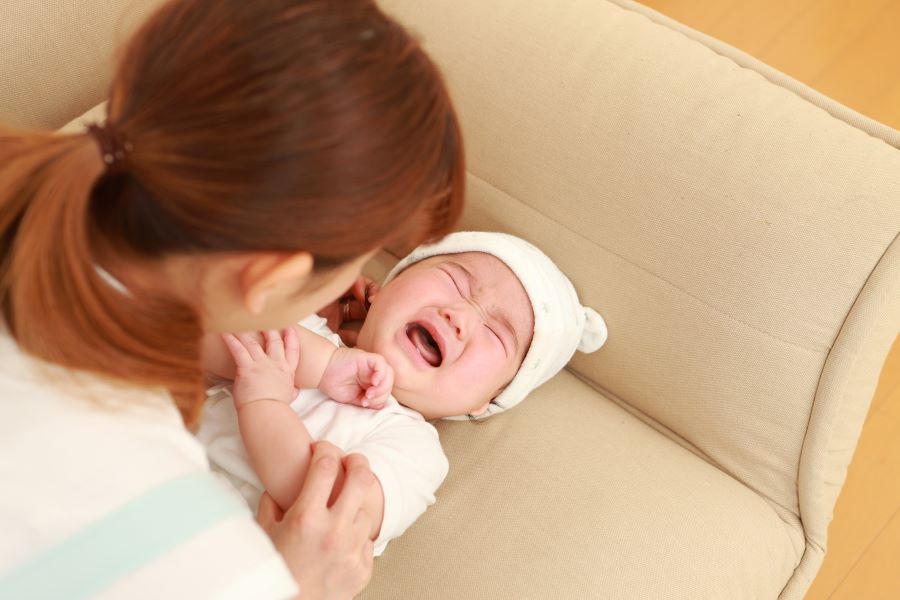Do Babies Prefer Prettier People?


Americans live in a culture that openly worships the young and beautiful — but which came first, the culture or the worship? New research is suggesting that, in fact, people begin to discriminate based on physical appearance when they’re still babies, long before culture has any influence.
Several earlier studies have shown that babies seem to prefer people with better looking faces (using conventional standards of beauty). An older study published in the journal Developmental Psychology suggested that infants as young as 2 to 3 months preferred attractive faces.
When showing pictures of faces, researchers found that babies aged 2 to 3 months and 6 to 8 months both spent longer looking at the faces that were judged attractive, leading researchers to remark, “The results challenged the commonly held assumption that standards of attractiveness are learned through gradual exposure to the current cultural standard of beauty.”
A new study by British researchers at the University of Sheffield and published in the Journal of Experimental Child Psychology, however, adds a new wrinkle. This study used a similar technique, but showed babies aged 3 to 9 months both faces and bodies, using a mix of attractive faces and/or physiques. They were surprised to find that 9-month-old babies consistently looked longer at the less attractive physiques compared to the athletic and toned physiques when the subject’s faces were covered. When the faces were uncovered, there was no difference. This same behavior was not found in babies aged 3 or 6 months.
Researchers speculated that the babies preferred the out-of-shape bodies to toned bodies because of their familiarity; with a majority of the adult population either overweight or obese, babies of this age are more likely to relate these body shapes from their everyday lives. More research is needed to see if this association holds up over time and has any long-term effect on children’s development.
Sources:
- Judith H
- Langlois, Jean M
- Ritter, Lori A
- Roggman, and Lesley S
- Vaughn
- University of Texas at Austin
- Facial Diversity and Infant Preferences for Attractive Faces.
Harvard Medical School - Infants Prefer Attractive Faces.
Science Direct. Nine-month-old infants prefer unattractive bodies over attractive bodies.
Powered by Bundoo®










































